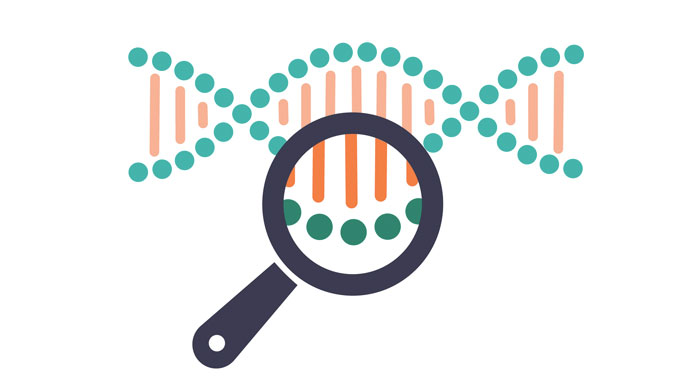Risk and Prevention

The best way to fight cancer is to prevent it from developing. A leader in prevention, the Comprehensive Cancer Center has pioneered model clinics to benefit people at high risk of primary or recurrent cancer. Our specialists are developing new prevention strategies based on leading-edge research and are applying these strategies to high-risk individuals.
The Comprehensive Cancer Risk and Prevention Clinic is dedicated to identifying and caring for individuals who have an increased risk of cancer due to family history, or medical and genetic factors. Founded in 1992, the Clinic was the first in Illinois to provide comprehensive preventative services. Today, more than 3,000 patients are closely monitored for the very earliest signs of breast, ovarian, and gastrointestinal cancers. These patients include both cancer survivors with a high risk of recurrence and individuals with a family history or personal genetic profile that make them more vulnerable to the disease.
Sonia Kupfer, MD, researches colon cancer risk in individuals with inflammatory bowel disease and in African American families with inherited predisposition. One such predisposition is an inherited genetic condition called Lynch syndrome, which Kupfer has researched extensively. Kupfer also serves as co-director of the Comprehensive Cancer Risk and Prevention Clinic.
University of Chicago Medicine High-Risk and Advanced Prostate Cancer Clinic (UCHAP). The program provides a comprehensive genetic evaluation and multifaceted screening plan for men with an increased prostate cancer risk.
Learn more about the High-Risk and Advanced Prostate Cancer ClinicDirected by Tara Henderson, MD, the Childhood Cancer Survivors Center at the University of Chicago is housed at Comer Children’s Hospital and works with childhood cancer survivors to understand their risk of second cancers and the long-term health consequences of cancer therapy. In addition, Henderson’s research program is dedicated to understanding the types and frequencies of second cancers that arise in these survivors and how best to care for them in the long term.
The Hematologic Malignancies Risk and Prevention Clinic offers personalized risk assessment for patients and families who may be at an increased risk for developing hematologic (blood) malignancies compared to the general population due to genetic factors. Led by Lucy Godley, MD, PhD, this clinic provides risk assessment and genetic testing, cancer prevention counseling and strategies, and long-term follow-up of individuals with known or suspected familial myelodysplastic syndrome (MDS) and acute leukemia syndromes. Godley and collaborators are focusing their research efforts on identifying and studying gene mutations associated with inherited forms of MDS and acute leukemia.
Learn more about the Hematologic Malignancies Risk and Prevention Clinic
Courage to Quit® is a stop smoking program sponsored by the Respiratory Health Association of Metropolitan Chicago (RHAMC). In partnership with RHAMC, the program was developed by Andrea King, PhD, who is co-leader of the Cancer Prevention and Control Program and a licensed clinical psychologist with extensive experience in the treatment of tobacco and other addictions. The program is consistent with evidence-based smoking cessation methods as outlined in the U.S. Public Health Service Clinical Practice Guidelines for Treating Tobacco Use and Dependence (Fiore et al., 2008).
Can you inherit gastrointestinal cancer?
In some instances, GI cancer runs in families and the risk of getting cancer is passed down from generation to generation. Gastroenterologist Sonia Kupfer, MD, answers frequently asked questions about gastrointestinal cancer risk and prevention.
Read more